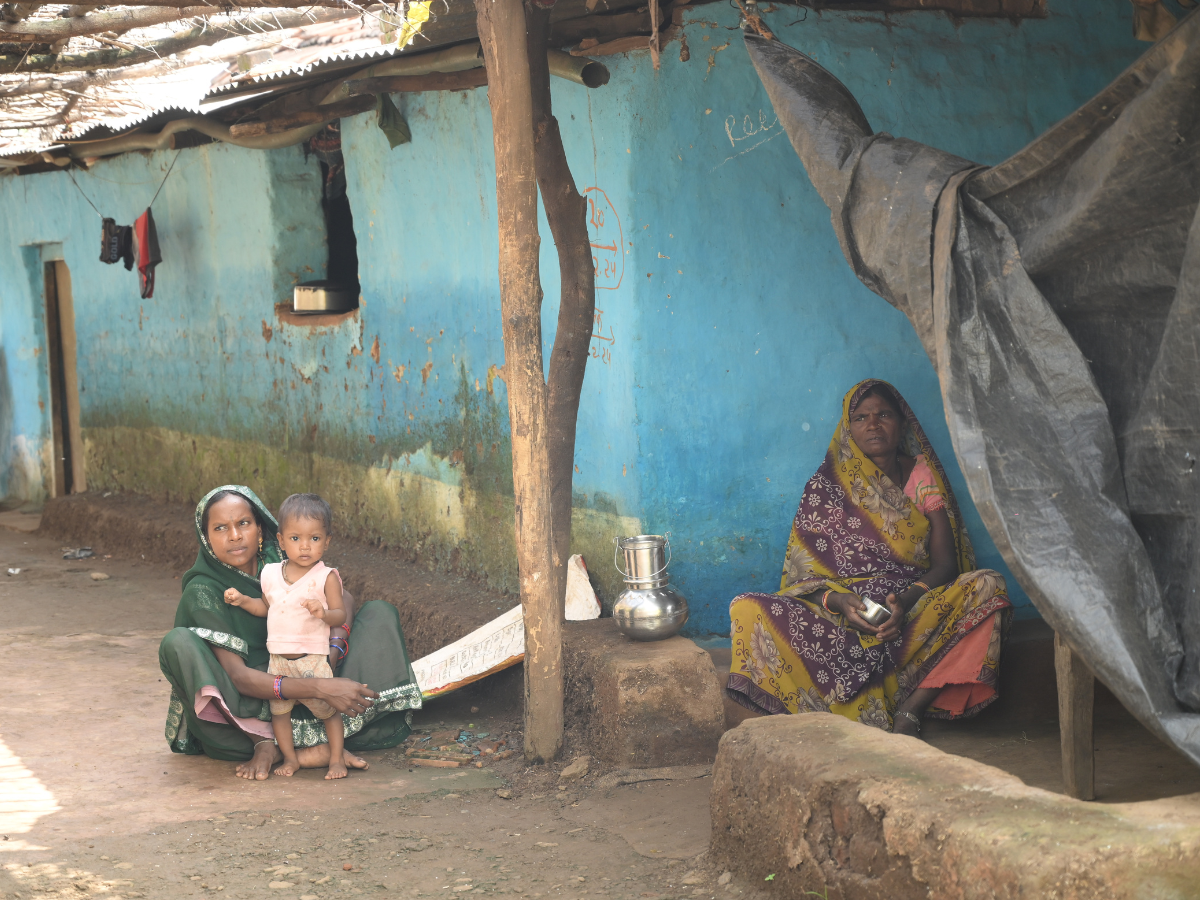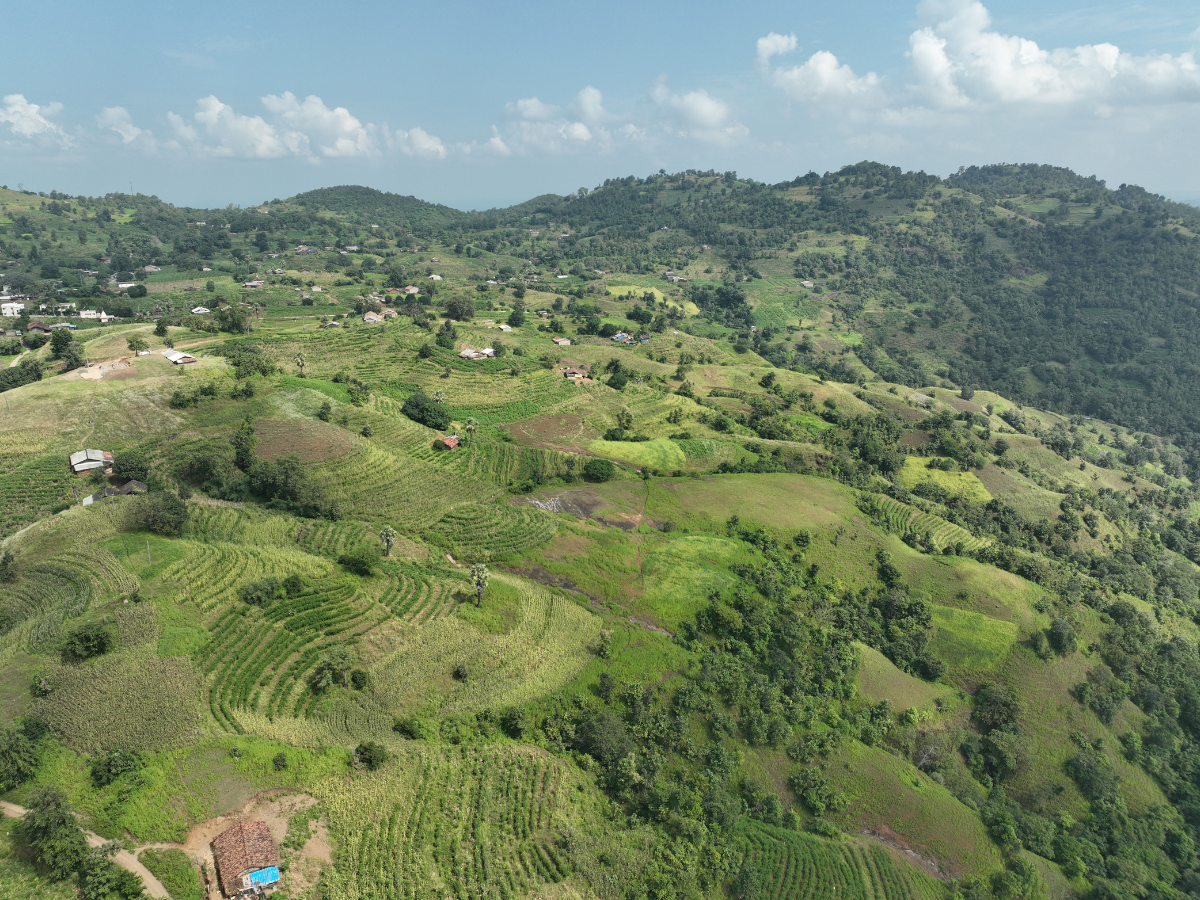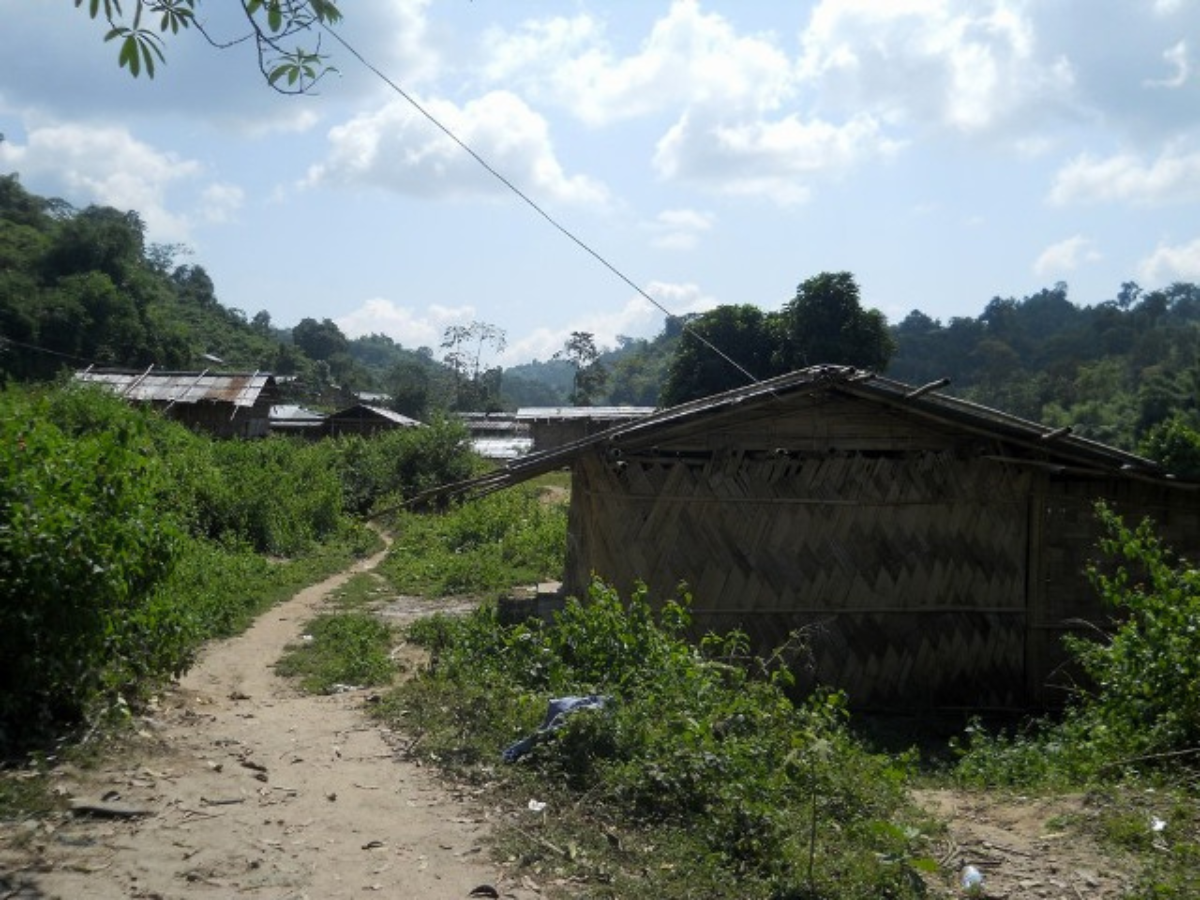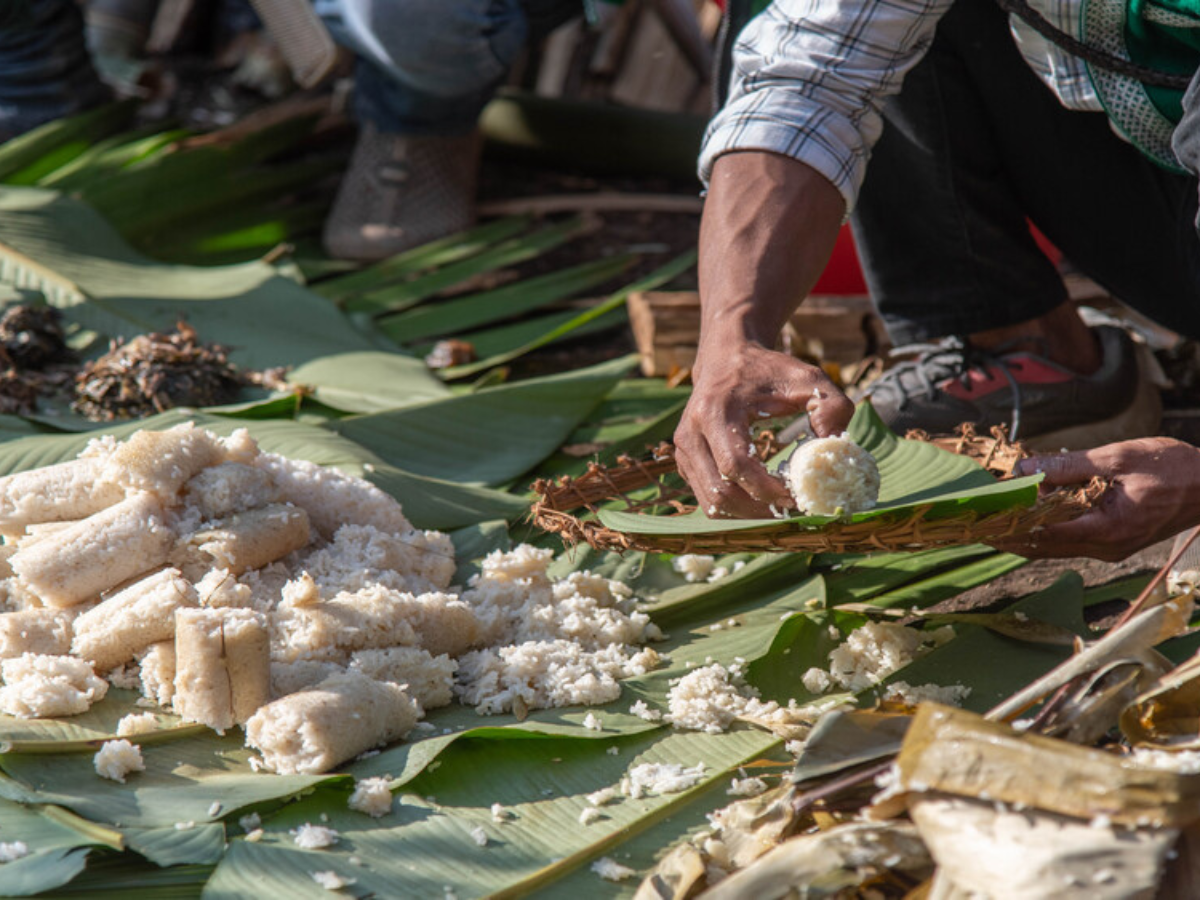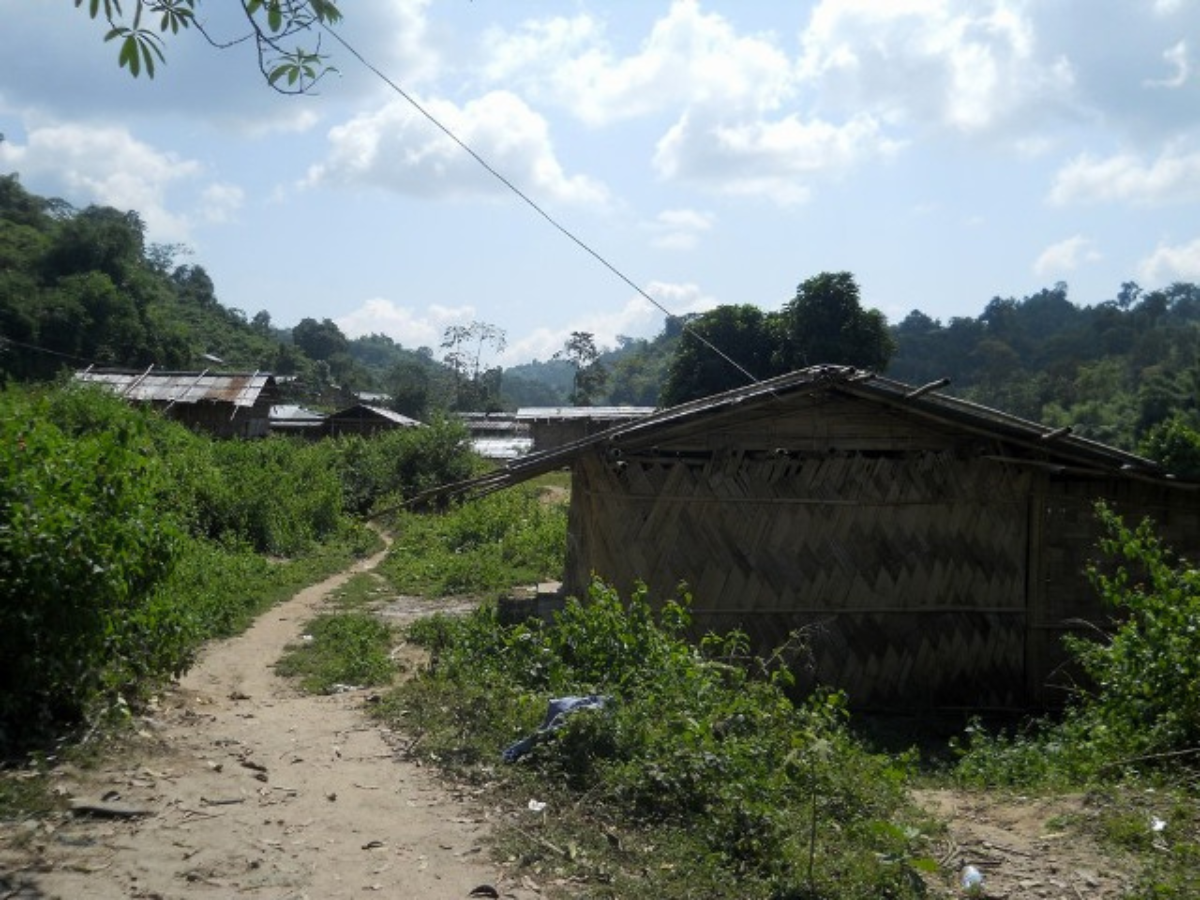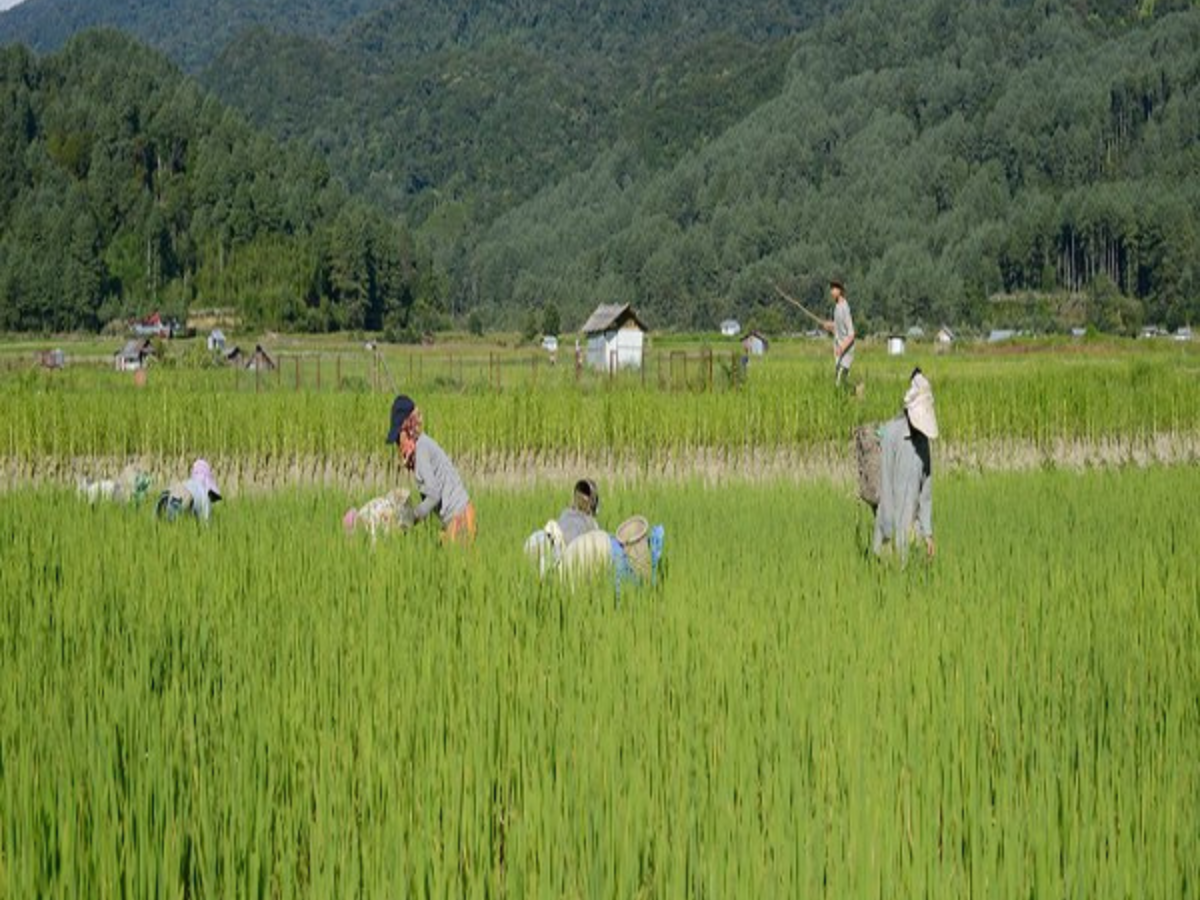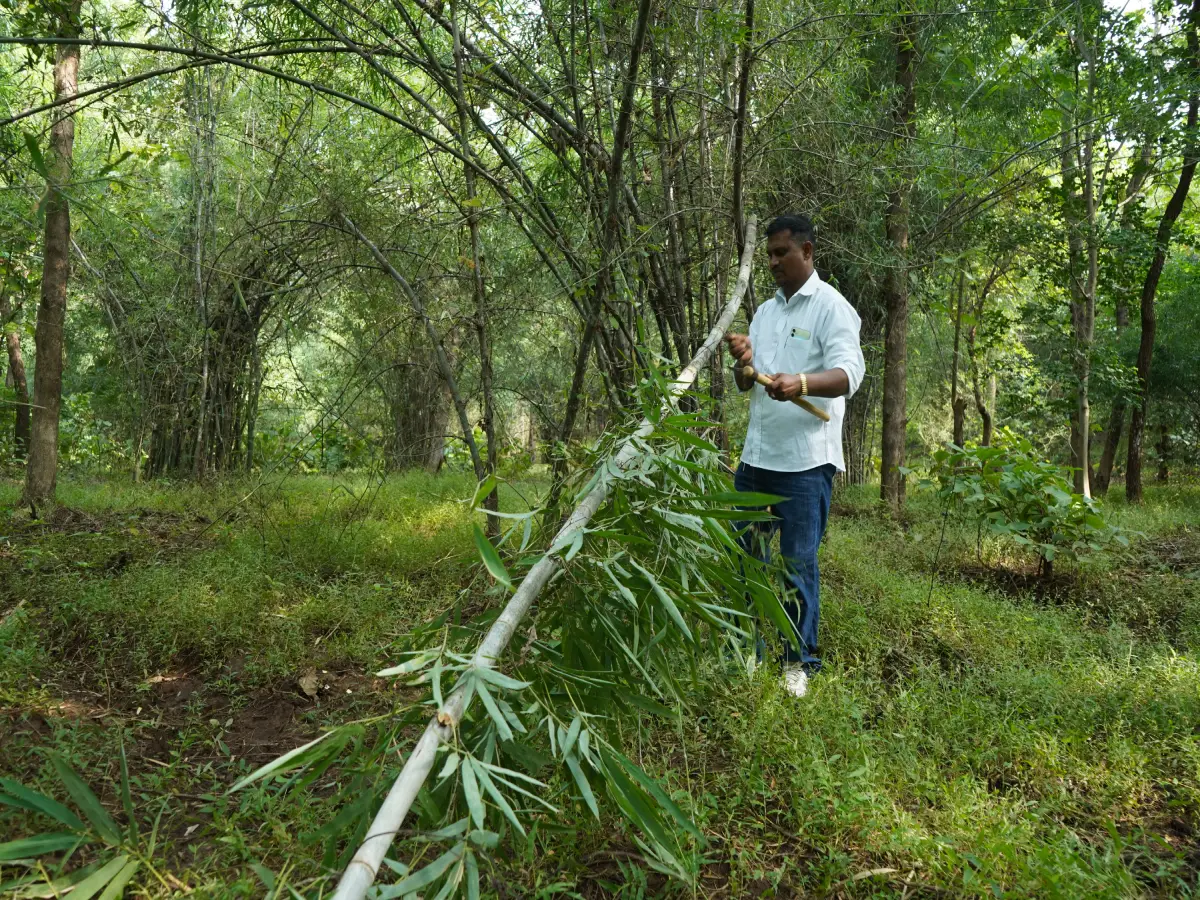Korku’s Ecological Knowledge
In Central India the Korku tribe has a large store of environmental knowledge which they use as a guide for their interaction with natural resources. This knowledge of local plant species, wildlife behavior, and natural cycles is what they have built up over generations. What we see in them is a…


